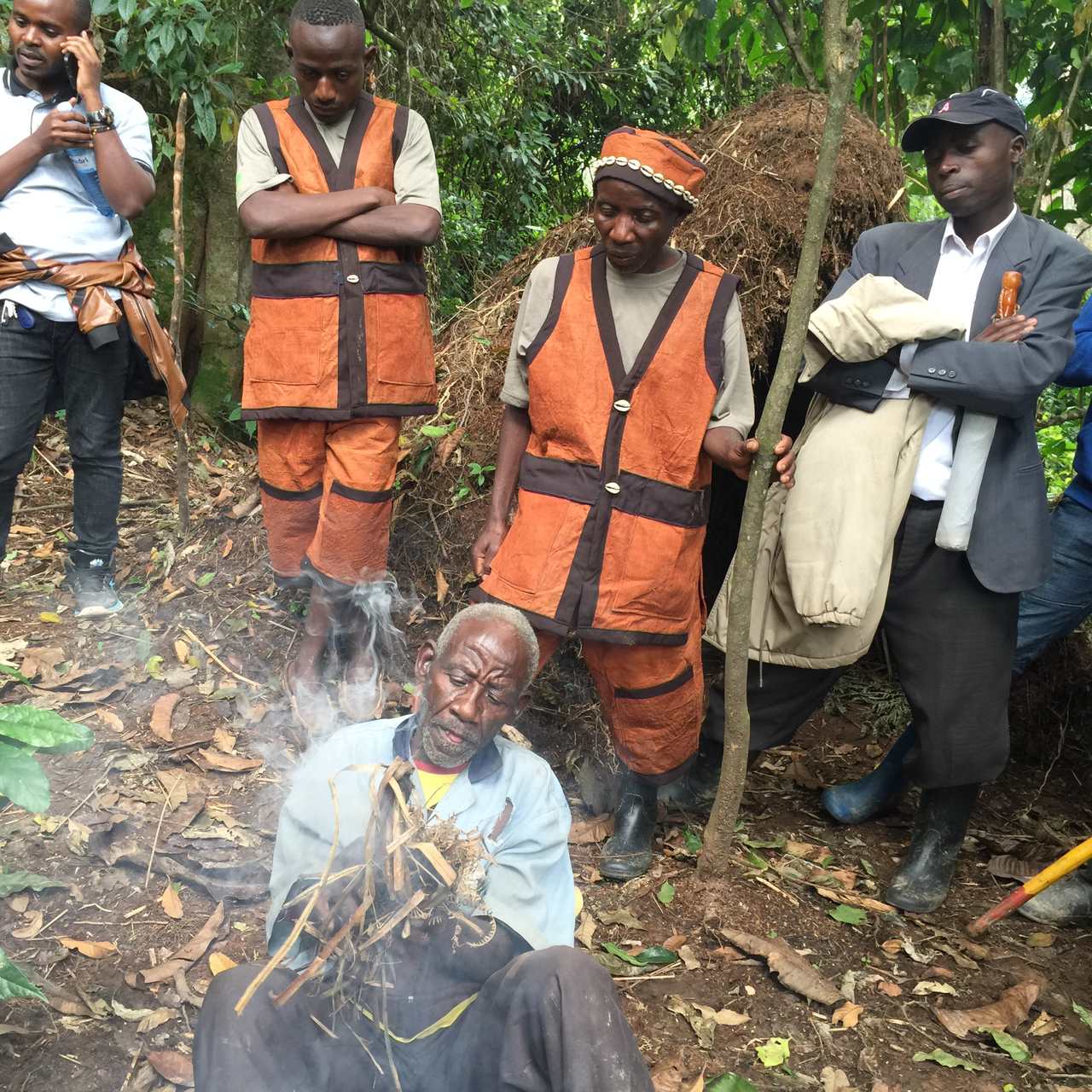

Before the governance assessment, we undertook a scoping exercise that involved all relevant stakeholders. The assessment used a multistakeholder and multistage engagement process for the scoping exercise, information gathering and validation of results. The scoping workshop informed key governance aspects that enabled the selection of critical governance principles assessed. Various governance issues were identified and how they relate to the conservation of Bwindi. Stakeholders were able to identify best alternative priority actions and how they work. Stakeholders were able to identify the integration of Batwa cultural values as a key feasible solution that can link indigenous people to conservation and their livelihoods. In the implementation of the cultural values approach, various stakeholders are being involved to measure its effectiveness.
-
The support and willingness by Uganda Wildlife Authority as a protected area management body has been instrumental in facilitating this solution.
-
Recognition of the governance complexities as major conservation challenges by all actors such as Uganda Wildlife Authority, Local Government of Kisoro, Rubanda and Kanungu, local communities (including indigenous Batwa) and other conservation organizations
-
The funding from BIOPAMA was a strong evidence that using small resources effectively, we can achieve greater outputs and outcomes
-
Identification of and addressing governance complexities has been appreciated by stakeholders as a pathway to sustainable conservation and livelihoods
-
Involvement of all relevant stakeholders is key in delivering tangible conservation and livelihood outcomes. It requires micro engagement of actors and how they agree to work together.
-
The current protected area management policies are rigid and require amendment to allow integration of governance aspects